1. Essential Oils For Asthma
(a) Eucalyptus Essential Oil For Asthma
You Will Need
- Eucalyptus oil
- A towel
What You Have To Do
To use this, put a few drops of the oil on the towel and keep it beside you when you sleep. Position the napkin so that you can breathe in the aroma.How Often You Should Do This
Use this remedy every night as a preventive measure for asthma attacks.Why This Works
One of the best remedies for relieving congestion and a blocked nose, eucalyptus oil is an effective remedy for breathing problems. Eucalyptol, a chemical present in eucalyptus oil, helps break down mucus.(b) Lavender Oil For Asthma
You Will Need
- 5-6 drops lavender oil
- A bowl of hot water
What You Have To Do
Add lavender oil to the hot water and inhale the steam for 5-10 minutes.How Often You Should Do This
Do this once every day.Why This Works
Lavender oil has been to shown to inhibit the inflammation of the airways and control mucus production. It soothes the air passages and strengthens the immune system.(c) Tea Tree Oil For Asthma
You Will Need
- A few drops of tea tree oil
- Face cloth
- Warm water
What You Have To Do
1. Dip the face cloth in the warm water completely and then wring out the excess.2. Pour the essential oil randomly on this damp cloth and inhale the vapors until the cloth comes back to room temperature.
How Often You Should Do This
Repeat this a few times until the asthma symptoms have vanished and you feel better.Why This Works
The expectorant and decongestant properties of tea tree oil will work in relieving the wheezing and coughing and eliminating the excess mucus. This essential oil also possesses anti-inflammatory and antimicrobial properties, which will help reduce the inflammation in the airways and treat any infections that are present in the respiratory system.(d) Kalonji Oil For Asthma
You Will Need
- 1/2 teaspoon kalonji oil
- 1 teaspoon honey
- A cup of warm water
What You Have To Do
Add the kalonji oil and honey to the water, and drink this once before breakfast and once again after dinner.How Often You Should Do This
Repeat this for 40 days for best results.Why This Works
Kalonji oil is also called Black Seed Oil. The list of its benefits is endless. Its anti-inflammatory properties prove beneficial in the treatment of asthma. It is also used for the treatment of bronchitis (6).(e) Oregano Oil For Asthma
You Will Need
- A few drops of oregano oil
- Essential oil diffuser
What You Have To Do
Put the essential oil in the diffuser and inhale the vapors. Let the diffuser use up all the oil.How Often You Should Do This
You can use this remedy every day to keep asthma symptoms at bay.Why This Works
Oregano oil cleanses the lungs and the air passages. It thins the mucus and eliminates infection-causing bacteria and viruses.2. Honey For Asthma
You Will Need
- 2 teaspoons honey
- A glass of warm water
- 1/2 teaspoon cinnamon powder
What You Have To Do
1. Mix one teaspoon of honey in the water and drink this slowly.2. Swallow another teaspoon of honey with the cinnamon powder before going to bed.
How Often You Should Do This
Drink this honey water three times in a day. Have the honey and cinnamon mix every night before going to bed.Why This Works
Honey is one of the oldest and most natural remedies for breathing problems. It contains alcohol and other oils that help alleviate the symptoms of asthma. It will help remove phlegm from your throat and allow you to sleep better.3. Turmeric For Asthma
You Will Need
- 1/4 teaspoon turmeric powder
- A glass of water
What You Have To Do
Ingest the turmeric along with water.How Often You Should Do This
Repeat this thrice a day for 10-14 days. If there is no improvement in the symptoms, double the dosage.Why This Works
Turmeric contains curcumin as one of its main components. This phytochemical is very beneficial as an add-on therapy to relieve asthma. It modulates the inflammatory response of the body and alleviates the inflammation of the airways. Turmeric is also an excellent antimicrobial agent.4. Coffee For Asthma
You Will Need
A cup of hot coffeeWhat You Have To Do
Brew a hot, steaming cup of your favorite coffee and drink it.How Often You Should Do This
Drink hot coffee as an immediate remedy to get relief from asthma.Why This Works
Drinking coffee is the easiest way to treat asthma as it immediately eases up the airways and helps you breathe. Many swear by the positive effects of drinking coffee and recommend it as the quickest antidote for asthma. Caffeine in the coffee acts as a bronchodilator and opens up the constricted airways.5. Vitamins For Asthma
You Will Need
- Vitamin D supplements
- Vitamin C supplements
What You Have To Do
Take a tablet of each of these vitamin supplements every day.How Often You Should Do This
Continue taking these supplements for a month. If there is still no difference, please consult your doctor.Why This Works
Vitamin D supplementation has shown effective results in alleviating asthma symptoms. This is because of its anti-inflammatory action and its ability to enhance the body’s innate antimicrobial response. Even though sufficient data could not be collected to know if vitamin C helps in treating bronchial asthma, it did help in alleviating exercise-induced asthma symptoms. It was shown to improve the functioning of the lungs.6. Ginger For Asthma
You Will Need
- 1 teaspoon grated ginger
- A cup of hot water
- 1/2 teaspoon honey
What You Have To Do
- Grate fresh ginger and add it to the hot water. Let it steep for five to seven minutes.
- Strain the water, add honey, and drink this herbal tea while it is warm.
How Often You Should Do This
Drink two to three cups of ginger tea in a day.Why This Works
A herb famed for its anti-inflammatory properties for decades, ginger consumption is the best way to keep your respiratory tract healthy. This is the most common home remedy for asthma. Ginger relaxes the airway muscles and regulates calcium uptake, which in turn relieve the constriction and give relief from asthma.7. Garlic For Asthma
You Will Need
- 10-12 garlic cloves
- 1/2 cup milk
What You Have To Do
Boil the cloves of garlic in the milk and drink this concoction.How Often You Should Do This
Drink this once a day.Why This Works
Garlic helps clear the congestion in your lungs and is a sure shot remedy that provides quick relief from asthma symptoms. It also reduces the inflammation of the airways.8. Onions For Asthma
You Will Need
Raw onionWhat You Have To Do
Chomp a few slices of raw onion with your supper to reap the benefits of this veggie.How Often You Should Do This
Include onions in your daily diet.Why This Works
Yes, onions are pungent, and can be a big turn-off to many. However, those suffering from asthma can benefit from onions. This vegetable that makes many cry can be a boon to asthmatics. It has anti-inflammatory properties and helps clear the airways.9. Khella For Asthma
You Will Need
- 30 to 60 drops khella tincture
- A cup of water
What You Have To Do
Add the khella tincture to the water and drink it.How Often You Should Do This
Take this thrice a day and once before going to bed. Continue taking this for a couple of weeks to notice the benefits.Why This Works
Otherwise known as Bishop’s weed, this herb is often used for the treatment of asthma, bronchitis, and heart disease in Ayurvedic and Egyptian medicine. It has anti-histamine properties and prevents allergic asthma. It antispasmodic properties dilate the constricted bronchioles.Caution
Khella is a preventive remedy for asthma. Khella is not for use in asthma attacks.Before using any of these remedies, make sure that you are not even slightly allergic to any of them. And if you are, using them will only prove to be counter-productive in treating the asthma symptoms. If you are still doubtful, consult your doctor before using the remedy.
FAQs
1. What Causes Asthma?
They are many factors that can trigger and cause asthma. These include:- Respiratory infections
- Allergens like fur, mold, pollen, dust, etc.
- Medicines such as aspirin or similar drugs
- Irritants like pollution particles, chemicals in the environment, certain sprays, cigarette smoke, etc.
- Physical activity
- Certain chemicals in food can also trigger asthma (for example, sulfites)
2. Signs And Symptoms Of Asthma
The signs and symptoms of asthma are:- Coughing that gets worse in the night
- Wheezing
- Tightness in the chest
- Difficulty in breathing
3. List Of Foods That Trigger Asthma
Foods that are allergens around the world are found to be responsible for triggering an asthma attack. The common ones are listed below:- Soy and its products
- Milk and milk products
- Peanuts and other nuts
- Fish, shrimp, and other shellfish
- Wheat
- Gluten
- Eggs
4. Diet To Follow For Asthma
The importance of a healthy diet cannot be contested. Incorporate fresh and organic fruits and vegetables in your daily diet and see the difference. Food rich in antioxidants, vitamins, and minerals will ensure healthy functioning of the respiratory system. Some foods that are good for asthmatics are given below:Fruits – apples, cantaloupes, bananas, kiwi, pineapple, and berries.
Vegetables – carrots, garlic, avocado, Broccoli sprouts, spinach, sweet potatoes, ginger, tomatoes, kale, and Swiss chard.
Juices – make a healthy concoction by using any of the fruits and vegetables listed above.
Steer clear of junk food and fried fatty food that can act as a trigger for an asthma attack.
5. What Exercises Control Asthma?
Just because you have asthma, it does not mean that you cannot lead an active life. Exercising daily, doing yoga, or going for walks and swims will help you to keep asthma attacks at bay. Cardio workouts like walking, cycling, or light running will keep your body fluids flowing and prevent excess mucus build-up in the airways.Try to do these breathing exercises to keep your asthma under control:
(a) Simple breathing – Also known as diaphragmatic breathing. Lie down or sit with your back straight. Breathe in and out slowly. Your stomach should go out during inhalation, not your chest. While exhaling, your stomach should go in.
(b) Buteyko breathing – Sit in an upright position with the chest and belly muscles relaxed. Take a long shallow breath and exhale slowly. Hold your breath for as long as possible. Then, continue breathing gently.
(c) Pursed lip breathing – While in the simple breathing position, exhale through pursed lips like you are blowing a whistle. Exhaling should ideally be twice as long as inhaling.
These exercises can also be called chest exercises as they involve your chest muscles. Remember to not overexert yourself and your lungs while doing any type of exercise.
6. Are There Things I Can Change In My Life To Reduce My Risk Of An Asthma Attack?
A healthy lifestyle, which includes a decent diet and optimum levels of exercise, can definitely help reduce the risk of an asthma attack. Using home remedies such as garlic or khella can be effective preventive measures against asthma.7. Does Stress Trigger Asthma?
Stress does not specifically trigger asthma, but it can make dealing with its symptoms worse and unbearable.8. Can You Grow Into Asthma?
Asthma can affect anybody at any age. Usually, children develop asthma due to allergies, and adults grow into it due to lung infections or exposure to an irritant, especially at the workplace.9. What Does Asthma Feel Like?
During an attack, an asthmatic experiences regular cough and wheezing, which leads to shortness of breath and tightness of chest.10. Can You Get Lung Cancer From Asthma?
No! Asthma cannot develop into lung cancer. It can, however, lead to a severe respiratory condition known as chronic obstructive pulmonary disease (COPD).11. At What Age Do You Get Asthma?
People can develop asthma at any age, be it 5 or 50.12. Is It True That Asthma Can Be Cured By Fish Therapy?
The fish therapy is administered in the city of Hyderabad, India, for asthma sufferers. The family that holds the secret of the herbs that are used and also many patients claim that this therapy, when taken for three consecutive years, can cure asthma. No research has been conducted on this therapy, and its effectiveness hasn’t been verified by experts. This therapy has become famous only by word-of-mouth and from patients who have benefitted from it.We hope we have answered all your doubts about asthma, including the best home remedies for asthma/breathing problems. So, what are you waiting for? If you or your loved ones face breathing problems, you might want to think about including these in your daily routine.
Please share with us if you have any other cure or remedy in mind. Leave a comment below.
Source Click here

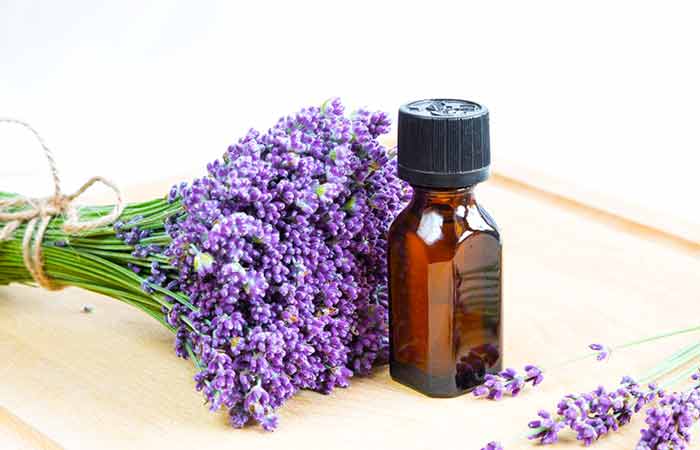
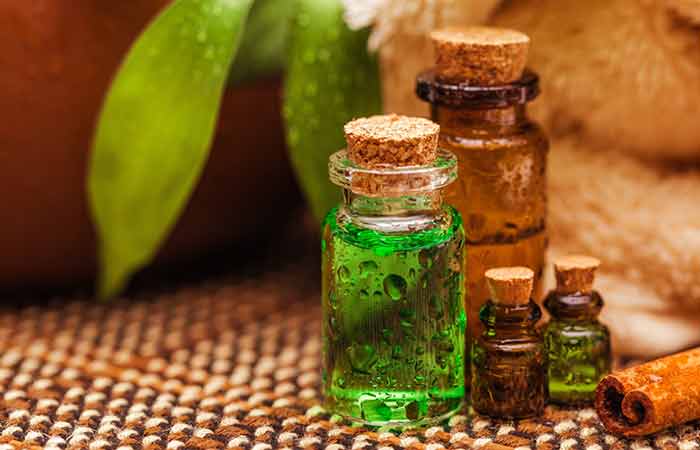
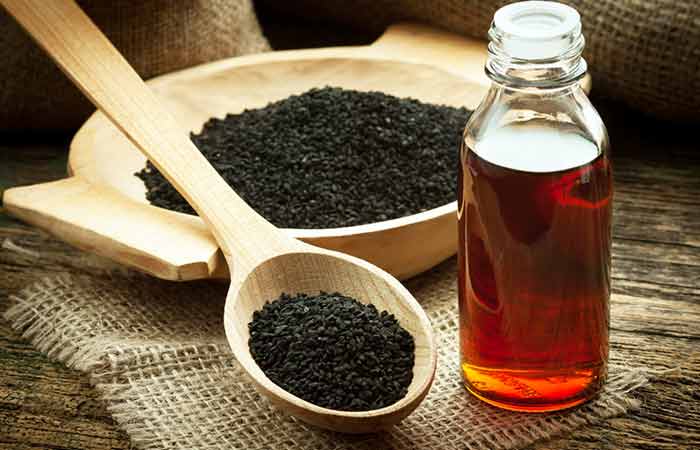

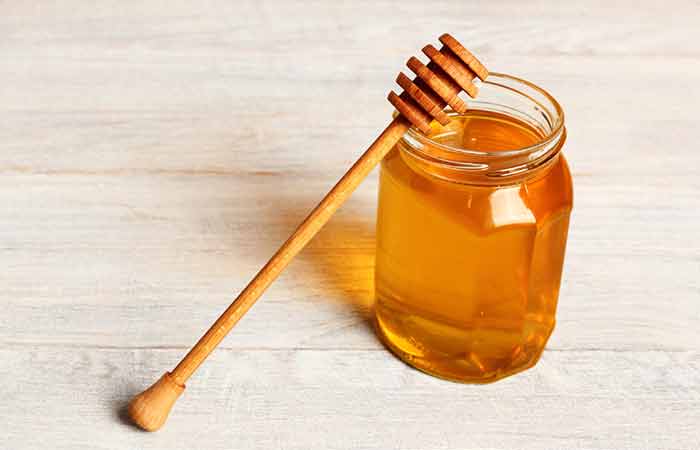
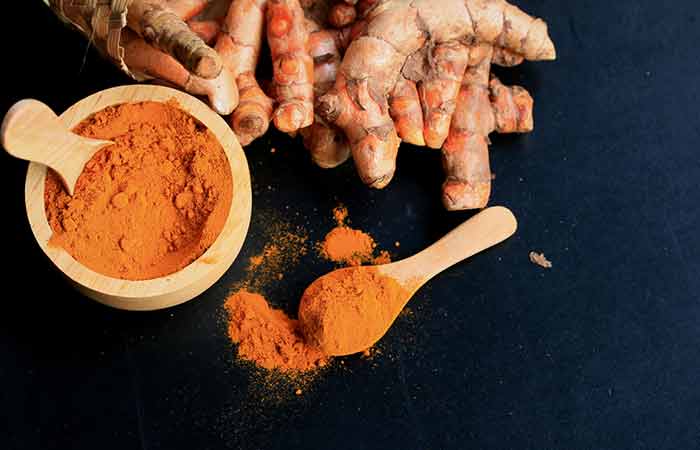


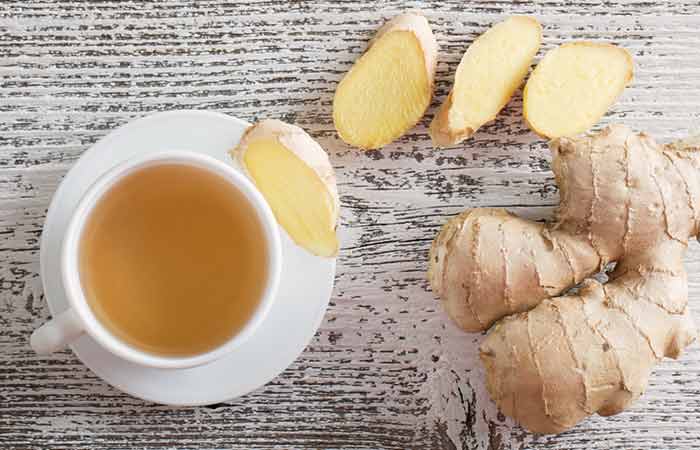


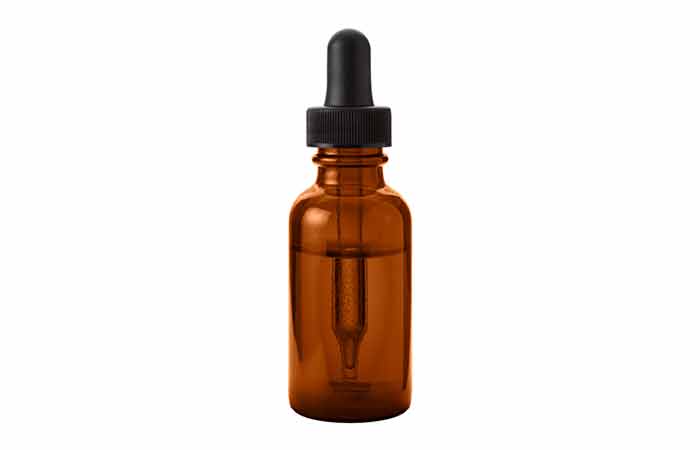
Comments
Post a Comment